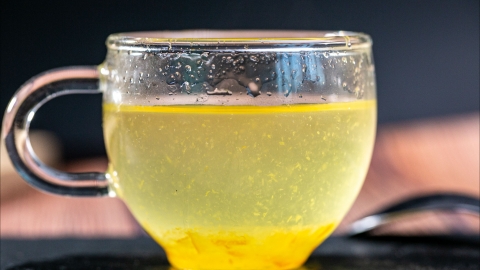Is Sophora flower honey considered cooling in nature?
Locust flower honey is generally considered cooling in nature and should be consumed in moderation.

According to traditional Chinese medicine theory, locust flower honey is derived from locust flowers, which themselves possess functions of clearing heat and detoxifying, as well as cooling the blood and stopping bleeding. Therefore, locust flower honey inherits to some extent the cooling properties of locust flowers. It is suitable for individuals experiencing internal heat, dry mouth and throat, or dry stools, and can help clear internal heat and relieve dryness.
Additionally, locust flower honey has the effect of moistening the intestines and promoting bowel movements, making it a good choice for those suffering from constipation. Moreover, locust flower honey has very low calories; after consumption, it does not lead to excessive calorie intake and can accelerate the breakdown and metabolism of calories in the body, thus having a certain weight-loss effect. However, it should be noted that since locust flower honey is a cooling food, individuals with spleen and stomach deficiency coldness may experience increased coldness in the spleen and stomach after consumption, which could affect digestive function and lead to discomfort such as abdominal pain and diarrhea.
In daily diet, it is recommended to maintain a balanced dietary structure and consume a variety of foods, which helps maintain health.




